Unpacking the Upper School Health Survey
February 8, 2019
According to Upper School Academic Dean Rasha El-Haggan, 278 students out of about 315 in the Upper School at Sandy Spring were anonymously surveyed in something called the Independent School Health Check. It was a survey administered by an outside consulting company called BMW Consulting, LLC. Though completely optional, the survey asked participating high schoolers about their health and habits, including sleep, screen time, homework, drug abuse, and mental health. The survey was identical to those given at other independent high schools across America, but Sandy Spring was allowed to create 5 individualized questions. In addition to the raw data from the student body, our administration will be given a data analysis comparing our survey results to those of other independent schools in the Washington area and across the nation. The data from this survey gives an expansive, detailed look at the health of the Upper School student body that has never been seen before. Whether a participant in the survey or not, neglecting the eye opening answers would be ignorant.
Why did the administration conduct the Independent School Health Check?
According to Upper School Counselor Ilene Lees, The Sandy Spring administration decided to conduct this survey at the end of the 2017-2018 academic year. Jonathan heard great feedback from other schools who conducted the survey and wanted to see for himself. The Independent School Health Check is a chance for the school to get an accurate idea of issues facing the student body and acts as a baseline for future surveys.
What were the five questions that Sandy Spring Friends School added to the survey?
All five questions added to the survey regarded homework. Our Academic Dean, Rasha El-Haggan, saw this health survey as an opportune time to find concrete answers to urgent questions about the amount of time spent nightly on homework as well as the activities done while completing homework (i.e. facetiming, texting, etc).
What data was drawn from these five questions?
As stated by Rasha El-Haggan, when asked How much time did you spend doing school assignments, 64% of 9th through 12th graders said they spent 1-2 hours on assignments and 81% said they spent 0-2 hours on school assignments. When broken down by grade, 75% of juniors spent 0-2 hours on assignments while between 80% and 85% of freshmen, sophomores, and seniors spent 0-2 hours on assignments. This data shows a strong trend of students spending 2 hours or less on homework; according to Rasha, 2 hours outside of AP courses is the cutoff for homework being helpful instead of detrimental to student learning. Issues with time spent on homework will be dealt with by a department by department or course by course basis, but is not regarded as a concern for the Upper School as a whole. The data from the health survey will be correlated with the course survey students completed at the end of Semester 1 as well
What data was drawn from the rest of the survey?
Ilene did not disclose specifics, but shared that a fair amount of students are receiving less than 6 hours of sleep per night and many spend 2-3 hours on social media per day. She also mentioned that anxiety and depression were the two most common mental illnesses amongst the student body. These points were general takeaways from the survey that concerned the Upper School counselor.
How will the results be shared with the high school?
The means of disseminating the data from the Independent School Health Check is unclear at this point, but will be decided by Jonathan Oglesbee and the Upper School administration, according to Ilene Lees. This article lacked data because the administration has not officially gone over it, and therefore couldn’t disclose much. It is unknown whether all raw data will be shared or general conclusions will be communicated instead.
How will the data be used to inform changes?
It is unknown if and how data will inform changes, but it has the potential to change policy if the Upper School Administration deems that appropriate. Ilene also has the power to choose guest speakers based on topical issues that the survey brought up.
There are still many questions about the Independent School Health Survey, and hopefully the SSFS community will have them answered in some capacity. The expansive data from this survey can be used to empower real change in the Upper School by improving the well-being of high school students. This survey matters because a successful Upper School depends on a healthy student body.

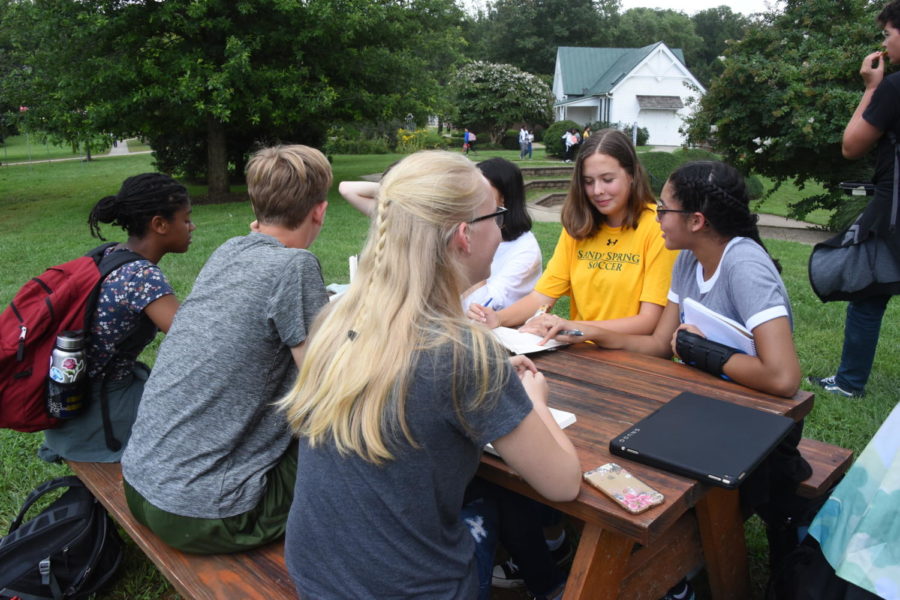
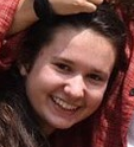

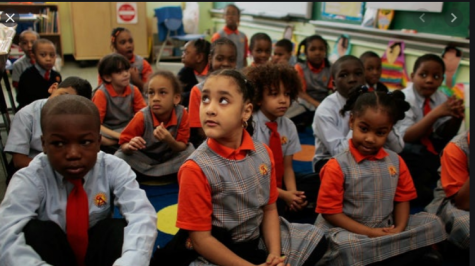
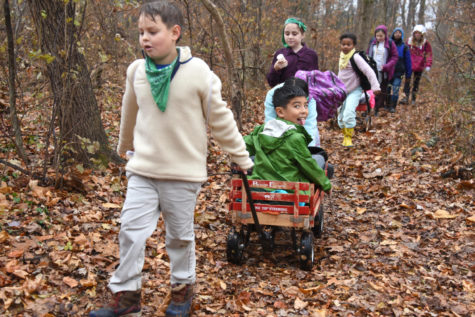

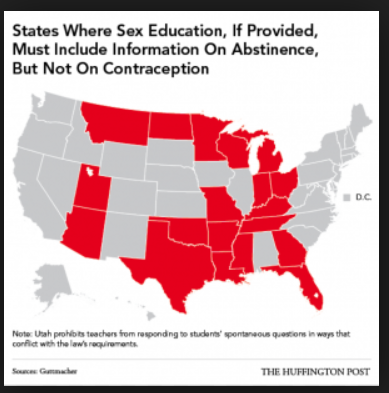
Scout Crooke • Mar 27, 2019 at 7:09 pm
I really like this article because I was, and still am, interested in the results of the health survey that we students took at the beginning of the year. I am curious how long the other 19% of 9th through 12th graders spend on school assignments. How long did the other 25% of juniors and 10-15% of seniors spend on homework per day? Were these smaller percentage saying they spend more time per day on homework? I am curious because, as for myself, I spend, on average, more than 2 hours doing homework per day. Even though there might be a minority of students who spend more time on homework per day, I do not think that we should forget about them. In addition, I am not that surprised that many students have 0-2 hours of homework per night because not all students take the same number or the same difficulty of classes per semester. For instance, we should consider how many free periods a student may have, how many AP or advanced classes a student may take, and how heavily involved a student is in clubs and extracurricular activities. Furthermore, every student is different and may spend more or less time on assignments than other students. Nonetheless, I am very glad that this survey was taken because it revealed many statistics about the health of students, the time that many students spend doing homework, and other information. On a similar note, I wonder what statistics were decided not to be shared with the student body. After all, I think it would be interesting to see those statistics since students were the ones to choose to take the survey and because the survey was anonymous.